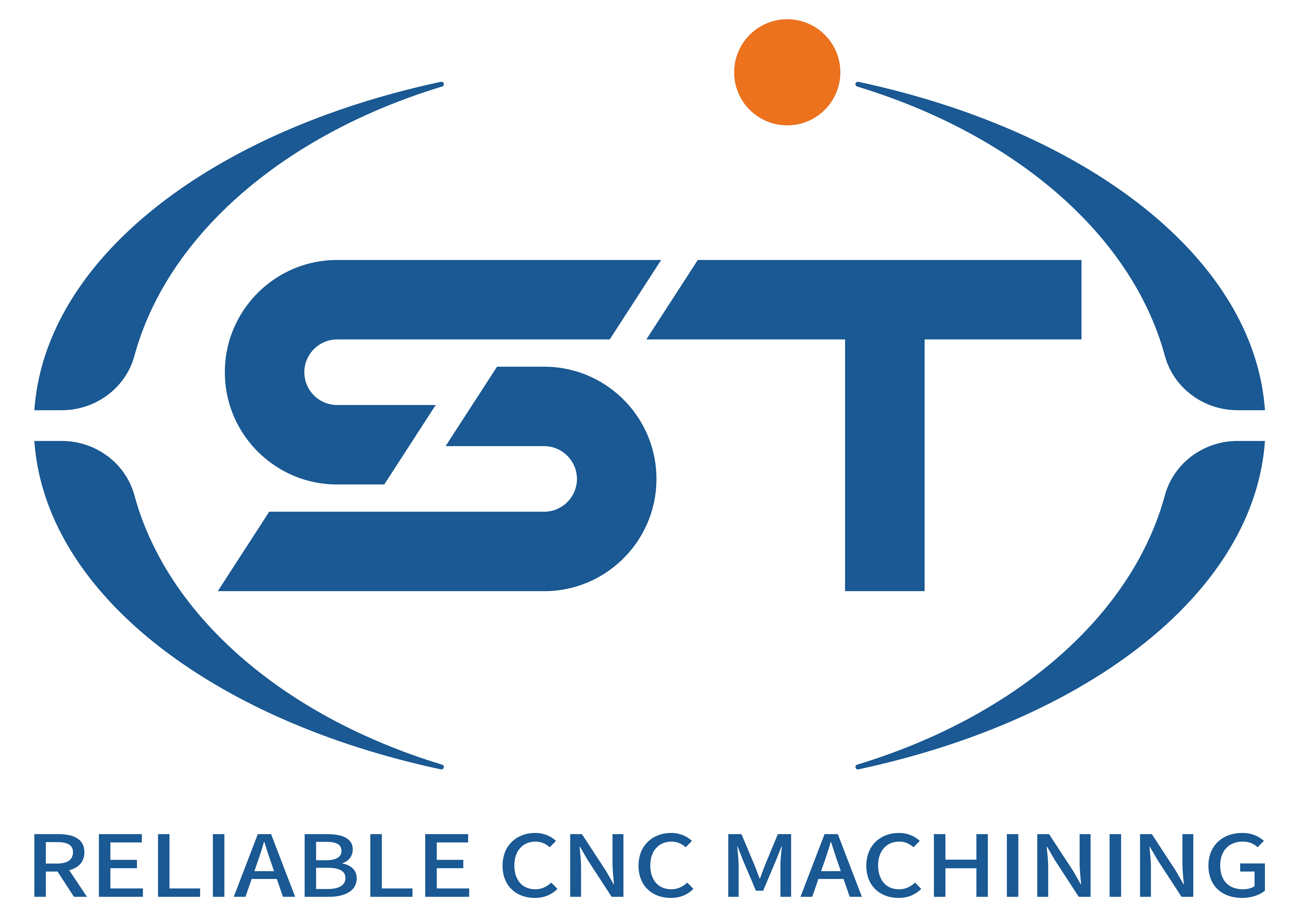Global Collaboration and Competition Trends in CNC-bewerking for Automotive Components
The automotive industry’s shift toward electrification, connectivity, and advanced manufacturing technologies has intensified both international collaboration and competition in CNC machining. As automakers and suppliers navigate complex supply chains and evolving market demands, CNC processes are becoming a focal point for cross-border partnerships and rivalry. Below, we explore how geopolitical dynamics, technological advancements, and sustainability goals are shaping these trends.
Inhoudsopgave
SchakelaarCross-Border Partnerships for Access to Specialized Expertise
Automotive manufacturers are increasingly forming strategic alliances with CNC machining specialists across regions to leverage niche capabilities. For instance, a European automaker might partner with an Asian supplier skilled in micro-machining precision components for electric vehicle (EV) powertrains. Similarly, North American companies are collaborating with European firms to adopt advanced multi-axis machining techniques for lightweight structural parts. These partnerships enable access to specialized equipment, skilled labor, and proprietary processes that would be costly or time-consuming to develop independently.
Collaboration also extends to research and development. Joint ventures between automotive OEMs and academic institutions in different countries are accelerating innovations in CNC tooling, materials science, and automation. For example, a consortium of companies from Germany, Japan, and the U.S. might pool resources to develop AI-driven CNC systems that optimize cutting parameters in real time, reducing waste and improving efficiency. Such alliances help participants stay ahead of technological curves while sharing financial risks.
Geopolitical Shifts Influencing Supply Chain Strategies
Recent global events, including trade disputes and pandemic-related disruptions, have prompted automakers to reevaluate their CNC machining supply chains. Many are adopting a “China+1” or “multi-sourcing” strategy, diversifying production across countries like India, Mexico, and Eastern Europe to mitigate risks. This trend has led to increased competition among regions to attract automotive CNC investments by offering incentives such as tax breaks, skilled workforce training programs, and streamlined regulatory processes.
At the same time, some countries are positioning themselves as hubs for specific CNC applications. For example, nations with strong aerospace sectors, like France or Canada, are leveraging their expertise in high-precision machining to capture a share of the automotive market for components like sensor housings or battery enclosures. Conversely, regions with lower labor costs, such as Southeast Asia, are focusing on volume-driven CNC operations for mass-produced parts like engine blocks or transmission components.
Technological Rivalry in Automation and Digitalization
The race to adopt Industry 4.0 technologies is fueling competition in automotive CNC machining. Countries like Germany, Japan, and South Korea are investing heavily in smart factories, where CNC machines are integrated with IoT sensors, AI, and digital twins to enable autonomous operation. These advancements allow for faster reconfiguration between jobs, reducing downtime and improving responsiveness to custom orders—a key advantage in an era of mass customization.
Meanwhile, emerging economies are leveraging cost-effective automation solutions to close the gap. Chinese manufacturers, for instance, are rapidly adopting collaborative robots (cobots) and cloud-based CNC control systems to enhance productivity without the high upfront costs associated with fully automated facilities. This has intensified competition in mid-tier automotive components, where price sensitivity remains a critical factor.
Sustainability as a Differentiator in Global Markets
As environmental regulations tighten worldwide, automotive CNC machining is becoming a battleground for sustainability leadership. Countries with strict emissions standards, such as those in the European Union, are pushing suppliers to adopt greener practices, including the use of recycled materials, dry machining techniques to eliminate coolant waste, and energy-efficient CNC systems. Manufacturers that can demonstrate low-carbon production processes are gaining a competitive edge in these markets.
Sustainability is also driving innovation in material usage. For example, partnerships between automakers in Scandinavia and CNC specialists in North America are exploring the machinability of bio-based composites, which offer reduced environmental impact compared to traditional plastics. Companies that pioneer these materials while maintaining CNC precision and cost-effectiveness are positioning themselves as leaders in the global shift toward eco-friendly manufacturing.
The interplay of collaboration and competition in automotive CNC machining reflects the industry’s broader transformation. As geopolitical tensions, technological disruptions, and sustainability imperatives reshape the global landscape, manufacturers must balance strategic partnerships with continuous innovation to thrive. Those that successfully navigate this dynamic environment will not only secure their place in the automotive supply chain but also drive the next wave of advancements in CNC technology.




